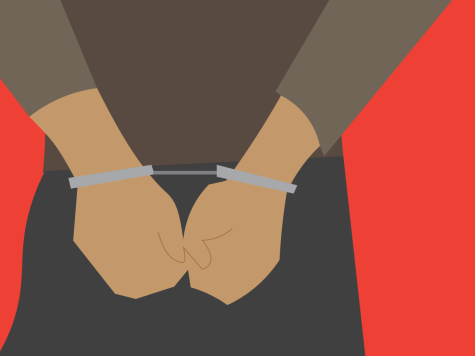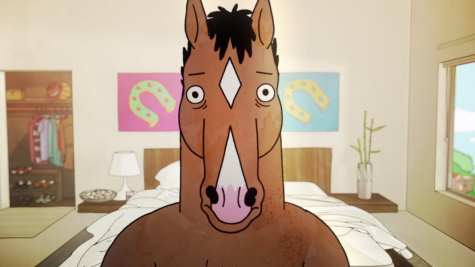The Internet is not making us stupid, ‘smart’ just looks different now
January 16, 2015
Back in Socrates’ day, writing was a new thing, believe it or not. Most people didn’t have access to literacy, and many languages didn’t even have a written alphabet.
In “The Phaedrus” dialogue, he discussed why writing is bad for humanity. He argued it would allow people to become forgetful, arrogantly full of false knowledge and unable to have discriminating taste.
It sounds ridiculous now, as most people would agree that increasing literacy worldwide is a good, philanthropic goal. Sure, we may be capable of less impressive feats of memory, but very few people would argue that the likes of Shakespeare aren’t a good enough compensation for not being able to remember our grocery lists off the top of our heads.
Oddly enough, most scholars and writers who have come out against extensive internet use have largely the same argument as Socrates.
Specifically, and most famously, Nicholas Carr in his book “The Shallows: What the Internet Is Doing to Our Brains” believes that due to brain activity studies showing that the internet can “rewire” neural pathways in the brain, we will become collectively dumber, more forgetful and incapable of real concentration and discrimination in our sources of information.
Funny how history seems to repeat itself.
While the internet may indeed be changing the way our brains function, psychologists have also found our brains can also adjust to wearing goggles that completely flip our vision upside down.
This does not mean, by any means, that our brains are going to permanently start seeing things upside down any more than extended internet use will make us dumber.
The real issue, with both Socrates and Carr, is that neither one of these scholars, who are gatekeepers of traditional knowledge, are comfortable with being upstaged.
Essentially, it’s the same fear of innovation driving both arguments. If everyone learns how to read and write, then they won’t value good speech-making and memory tasks, and if everyone uses the internet, then they won’t value old-fashioned scholarly learning and studying.
Of course, it is all well and good to discuss the benefits of literacy, and the internet, when you already have societal power; you are a privileged decision-maker about such things already. It is another matter entirely if you don’t have the ability to become a scholar.
Thus the real threat and beauty of the internet: its democratic capacities.
It opens up new avenues for new voices, and just as literacy enriched our collective cultural knowledge, so will the internet.
It is well worth our time to try and diversify the spread and availability of knowledge to all types of people. After all, it is worth noting that in the history of our country, African-Americans were systematically denied access to literacy as means of maintaining social control. The privatization and control of knowledge is arguably bigotry’s most effective weapon.
While the debate over the negative effects of the internet will continue to plod on, the internet will also continue to gain momentum.
None of us are going to suddenly stop watching cat videos on Youtube or using Facebook, because such is the way of innovation. The internet isn’t going away, and it’s beside the point to reminisce about how much better the old days were, when knowledge was locked up in university libraries and record offices and we all had better attention spans.
What is important is that we advocate the internet’s unequivocal universality for all people and continue to be representatives of its best potential uses.
If we maintain that the old forms of knowledge must be the best ones, we stand by an outmoded system that has traditionally been ripe for abuse by denying information to those who are disadvantaged and silenced.
There is something to be said in that wherever innovation is present, there are both wins and losses.
Certainly, when the world discovered writing, we lost the bards who were able to recite the entire Iliad from memory, but we also gained the works of Aristotle, only able to be preserved through writing.
While it’s true we might have trouble navigating without a GPS or remembering the definition of pulchritudinous without the help of our smartphone browser, I remain confident we’ll turn up with an Aristotle eventually; the history of innovation has yet to prove us otherwise.
















